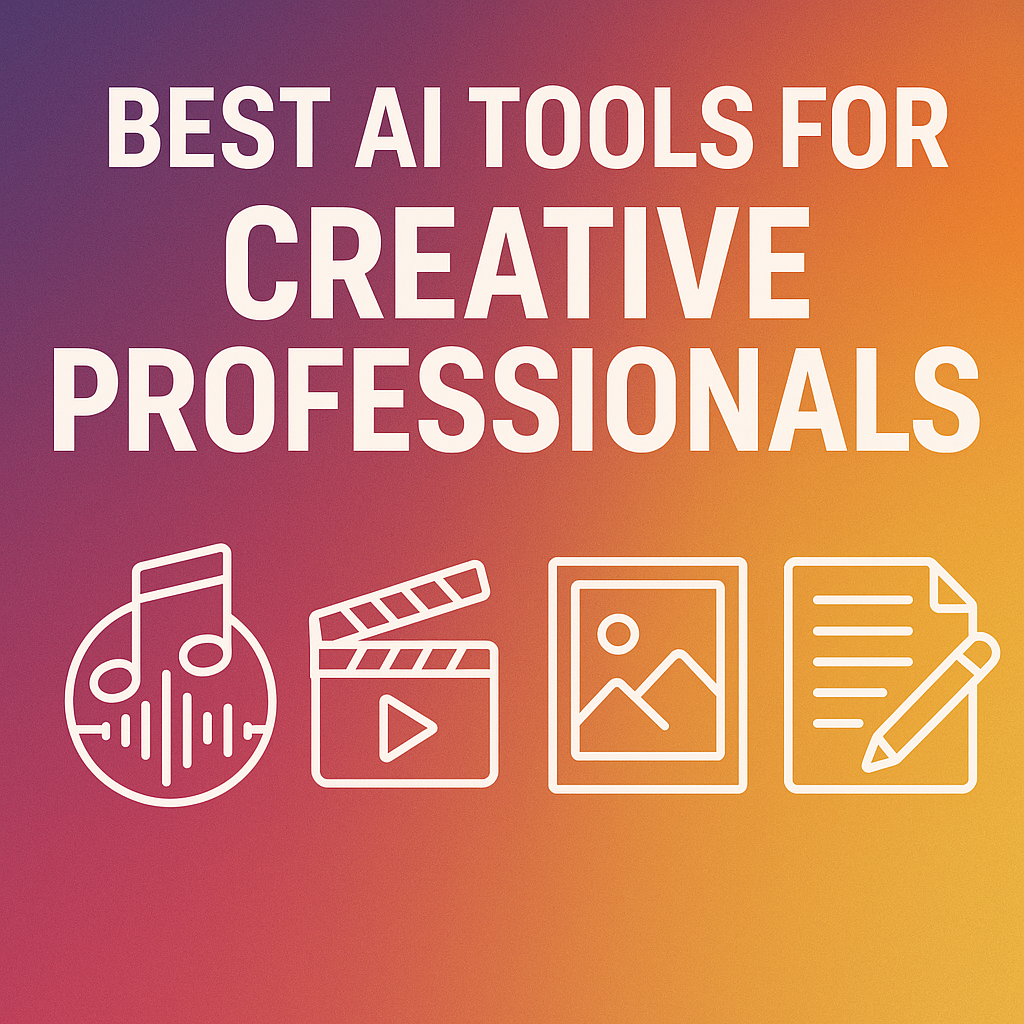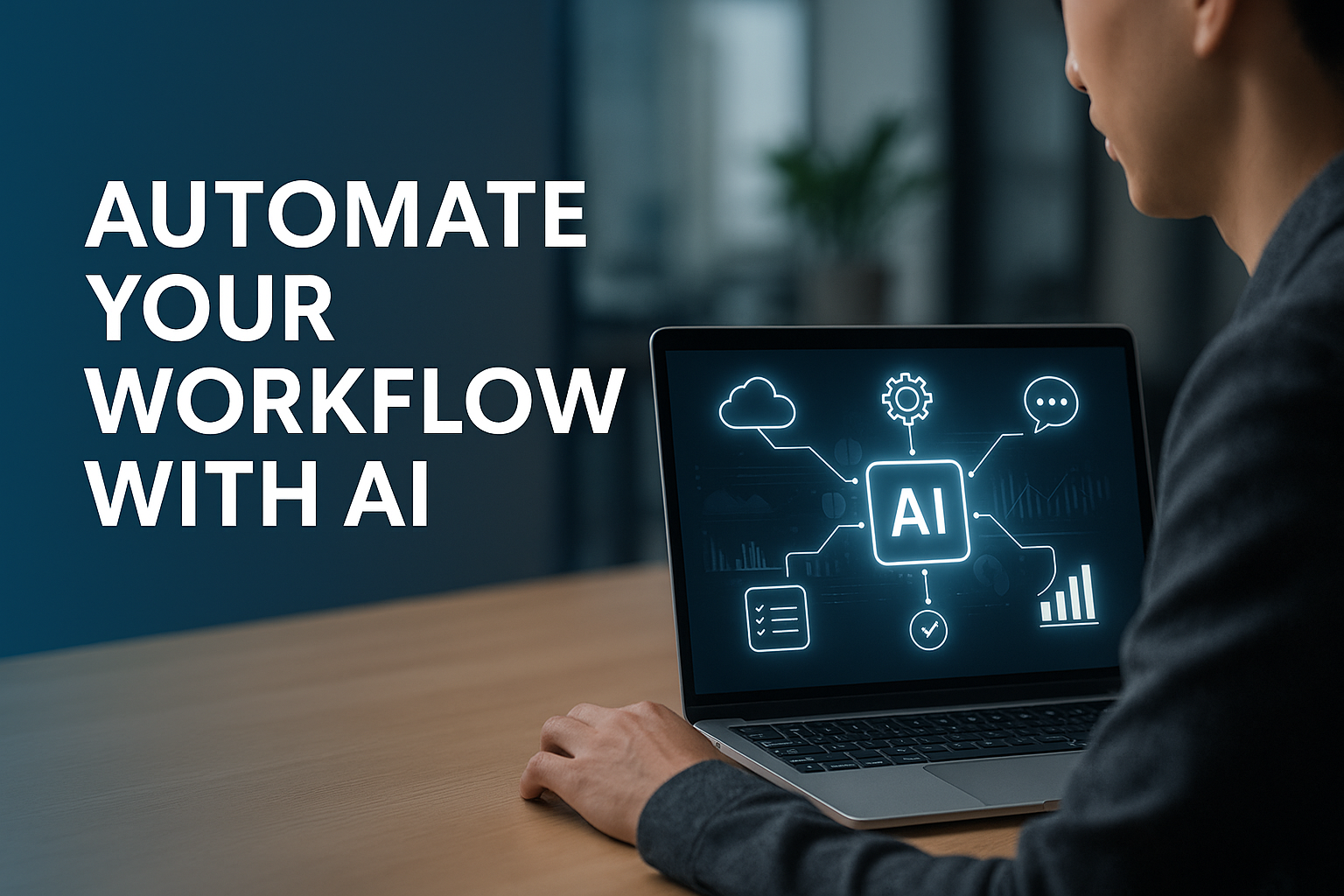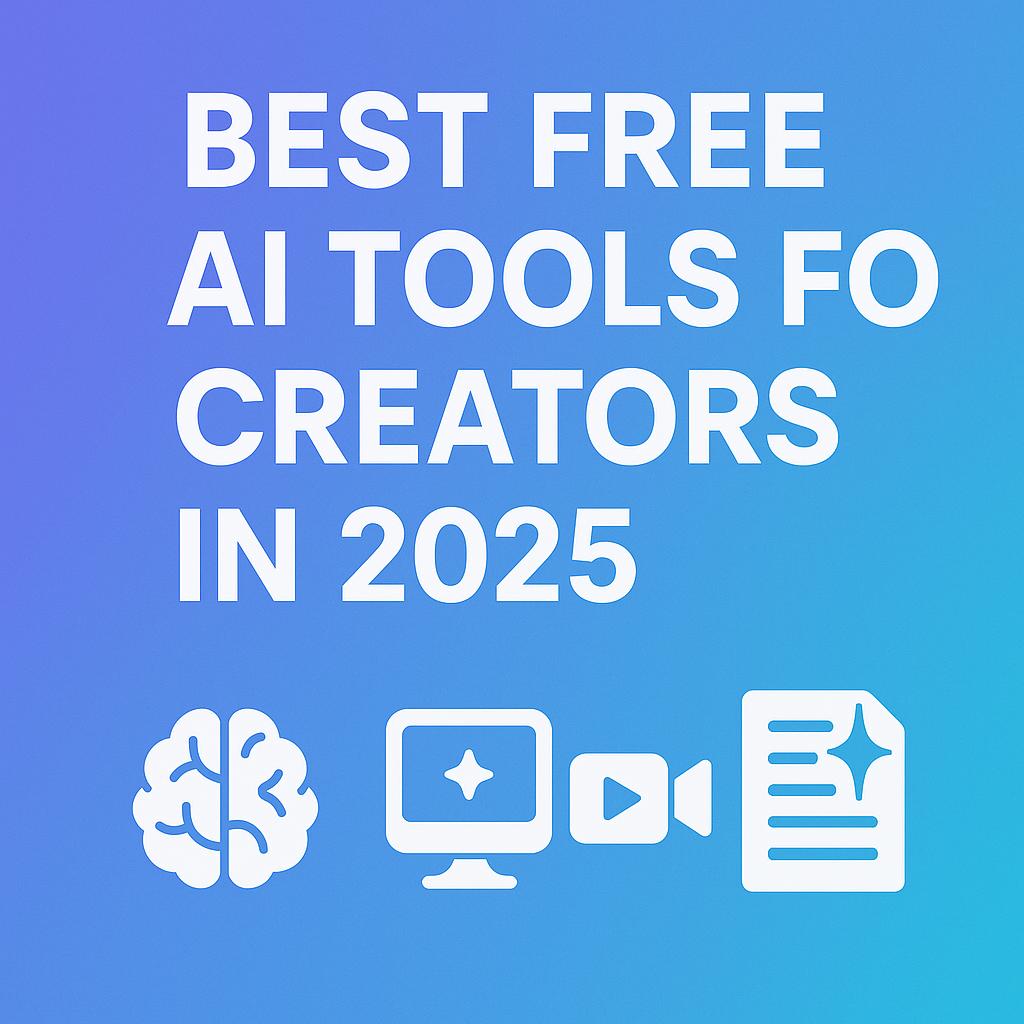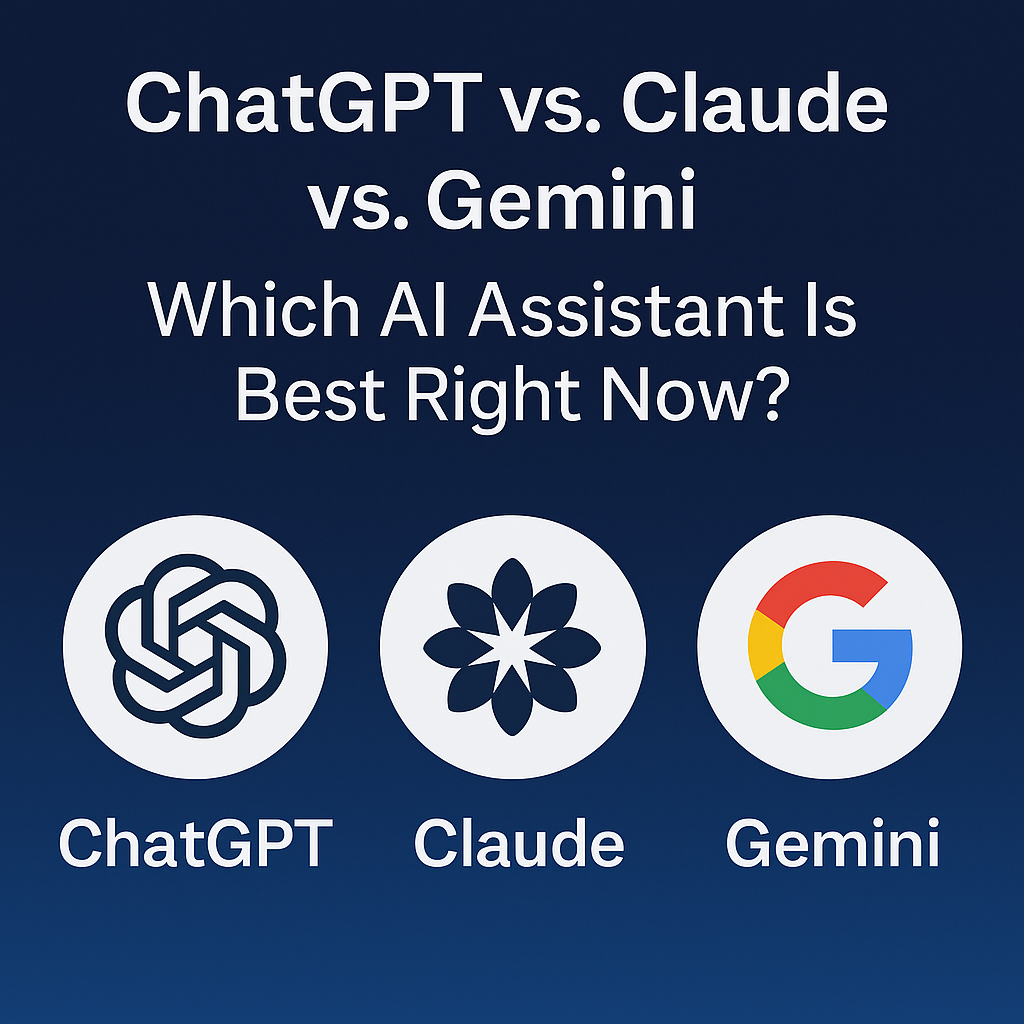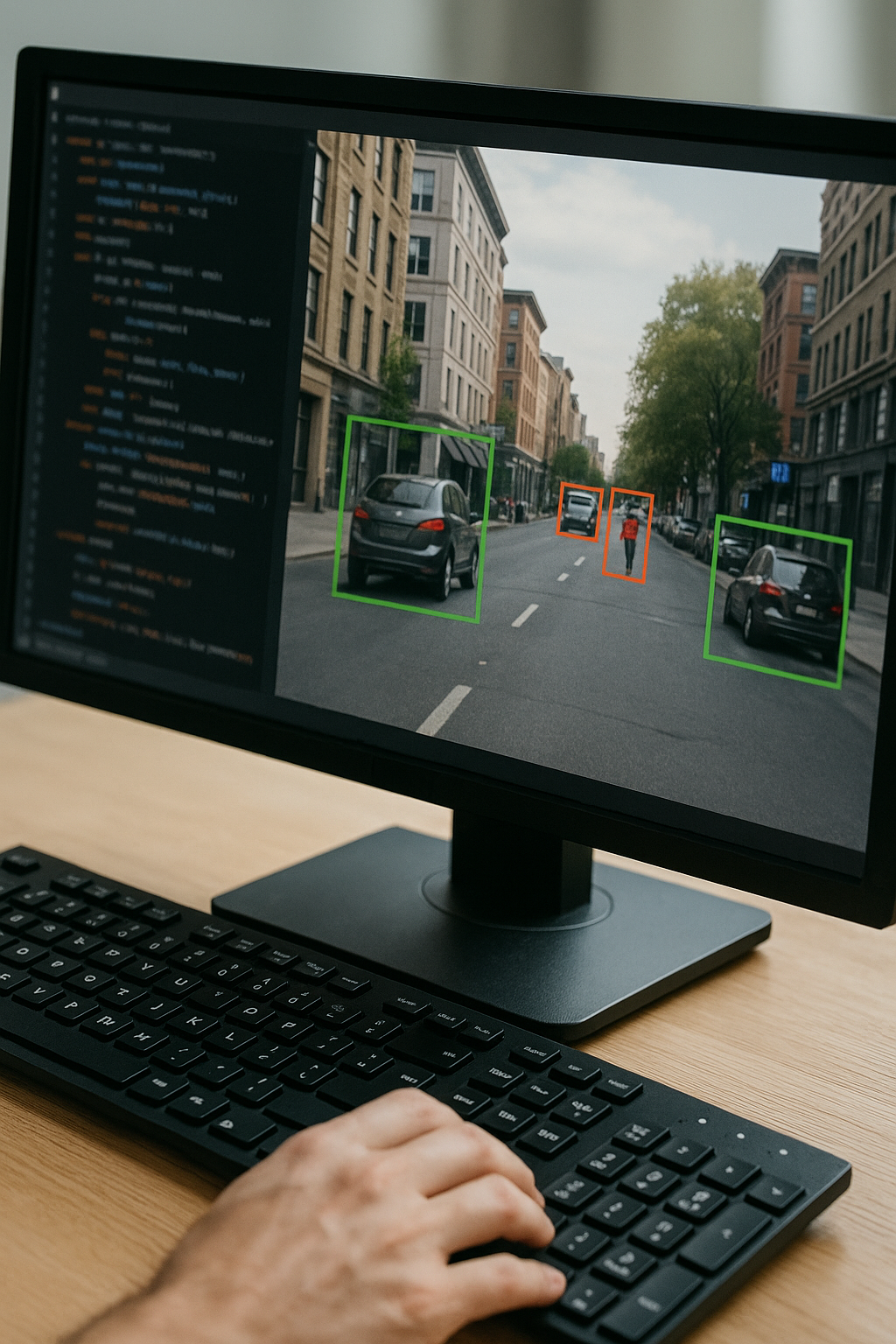7 Biggest AI News Stories of the Week
7 Biggest AI News Stories of the Week: A Deep Dive
In the rapidly evolving world of artificial intelligence, staying informed is more crucial than ever. This week has seen several groundbreaking developments that promise to reshape various industries and our daily lives. Let's delve into the seven most significant AI news stories of the past week:
1. Breakthrough in AI-Powered Drug Discovery
In a landmark achievement, researchers at PharmaTech Solutions have announced a breakthrough in using AI for drug discovery. Their new AI model, dubbed "MoleculeMapper," has successfully identified a potential treatment for Hutchinson-Gilford Progeria Syndrome, a rare genetic disorder that causes rapid aging in children.
The AI accomplished this feat in just three months, a process that typically takes years using traditional methods. MoleculeMapper uses a combination of deep learning and reinforcement learning techniques to analyze vast databases of molecular structures and their interactions with biological targets.
Dr. Emily Chen, lead researcher on the project, explained: "MoleculeMapper doesn't just search existing databases. It can generate and evaluate novel molecular structures that have never been synthesized before. This allows us to explore a much wider chemical space than was previously possible."
The potential implications of this breakthrough are enormous. Not only could it accelerate the development of treatments for rare diseases, but it could also significantly reduce the cost of drug development, potentially making new medications more affordable and accessible.
However, experts caution that while AI can speed up the initial stages of drug discovery, rigorous clinical trials are still necessary to ensure the safety and efficacy of any new treatments. Nonetheless, this development marks a significant step forward in the application of AI to medical research.
2. AI Chatbot Passes Medical Licensing Exam
In a stunning demonstration of AI capabilities, a large language model named "MediBot" has successfully passed the United States Medical Licensing Examination (USMLE). Developed by a team of researchers from Stanford University and Google DeepMind, MediBot achieved scores in the 90th percentile across all sections of the exam.
The USMLE is a three-step examination for medical licensure in the United States and is widely regarded as one of the most challenging professional tests in the world. It assesses a wide range of medical knowledge, including basic sciences, clinical sciences, and patient management.
Dr. Sarah Johnson, one of the lead researchers on the project, emphasized that MediBot's success doesn't mean AI will replace doctors anytime soon. "MediBot demonstrates an impressive ability to retain and apply medical knowledge, but medicine involves much more than just information recall. Empathy, complex decision-making, and hands-on clinical skills are all crucial aspects of being a doctor that AI is still far from mastering."
Nevertheless, this achievement raises important questions about the future role of AI in healthcare. Potential applications could include:
- AI-assisted diagnosis: Helping doctors identify rare conditions or complex cases.
- Medical education: Providing personalized tutoring for medical students.
- Clinical decision support: Offering evidence-based recommendations for treatment plans.
- Telemedicine triage: Assessing symptoms and determining the urgency of care needed.
As impressive as MediBot's performance is, ethical considerations and regulatory frameworks will need to be developed to govern the use of such AI systems in healthcare settings.
3. European Union Proposes New AI Regulations
The European Union has unveiled a comprehensive proposal for regulating artificial intelligence, dubbed the "AI Act." This landmark legislation aims to create a balanced approach that fosters innovation while protecting citizens' rights and safety.
Key points of the proposed regulations include:
- Risk-based approach: AI systems will be categorized based on their potential risk to human rights and safety, with stricter regulations for high-risk applications.
- Ban on certain AI practices: The use of AI for social scoring by governments, exploitation of vulnerabilities of specific groups, and real-time biometric identification in public spaces (with some exceptions for law enforcement) would be prohibited.
- Transparency requirements: High-risk AI systems must be designed to allow for human oversight and include detailed documentation on their development and intended use.
- Penalties for non-compliance: Companies violating the regulations could face fines of up to 6% of their global annual revenue.
- Creation of a European Artificial Intelligence Board: This body would facilitate the standardization of regulations across EU member states.
Margrethe Vestager, Executive Vice President of the European Commission, stated: "On artificial intelligence, trust is a must, not a nice to have. With these landmark rules, the EU is spearheading the development of new global norms to make sure AI can be trusted."
The proposal has garnered mixed reactions. Many civil rights organizations have praised the EU's proactive stance on AI regulation, while some industry leaders have expressed concerns that overly strict regulations could stifle innovation and put European companies at a competitive disadvantage.
The proposed legislation will now go through the EU's legislative process, which could take several years before it becomes law. However, its introduction marks a significant step towards creating a global standard for AI regulation.
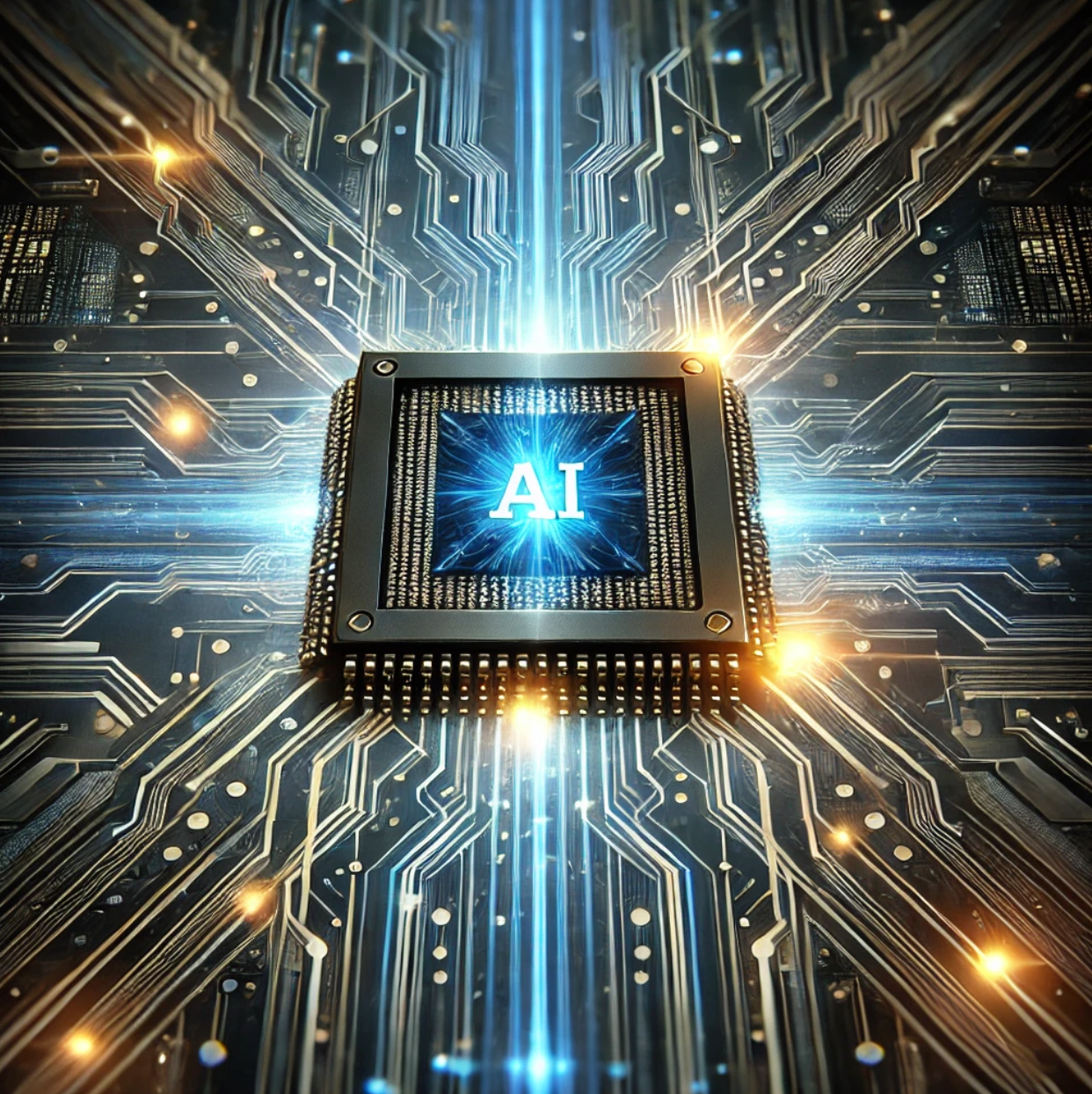
4. Major Tech Company Launches Advanced AI Chip
Tech giant QuantumSilicon has announced the release of a new AI chip that promises to dramatically increase the speed and efficiency of AI computations. The chip, named "NeuralCore X1," uses a novel architecture based on neuromorphic computing principles and advanced materials including graphene and carbon nanotubes.
According to QuantumSilicon, the NeuralCore X1 is capable of training large AI models up to 5 times faster than current top-of-the-line chips while consuming 30% less energy. This breakthrough could have far-reaching implications for AI research and development, potentially accelerating advancements across various AI applications.
Key features of the NeuralCore X1 include:
- 3D chip stacking technology, allowing for more processing units in a smaller space
- On-chip memory designed to reduce data movement and improve energy efficiency
- Analog computing elements that perform certain AI operations more efficiently than traditional digital circuits
- Advanced cooling system using liquid nitrogen, enabling higher clock speeds
Dr. Akira Tanaka, Chief Technology Officer at QuantumSilicon, explained the significance of the new chip: "The NeuralCore X1 represents a paradigm shift in AI hardware. By mimicking the structure and function of biological neural networks, we've created a chip that's not just faster, but fundamentally more suited to AI workloads."
The introduction of the NeuralCore X1 could have significant implications for various industries:
- Scientific research: Faster training of complex models for drug discovery, climate modeling, and particle physics simulations
- Autonomous vehicles: More sophisticated real-time decision-making capabilities
- Natural language processing: Enabling the development of even larger and more capable language models
However, some experts caution that the full potential of the chip may not be realized immediately, as software and AI frameworks will need to be optimized to take full advantage of its novel architecture.
5. AI-Generated Art Wins Prestigious Competition
In a decision that has sent shockwaves through the art world, an AI-generated artwork titled "Ephemeral Dreams" has won first place in the renowned International Digital Art Annual (IDAA) competition. The piece, created using a state-of-the-art text-to-image AI model developed by tech startup ArtificialMuse, beat out thousands of human-created entries.
"Ephemeral Dreams" is a striking digital painting that blends elements of surrealism and abstract expressionism. It depicts a dreamlike landscape where objects seem to morph and dissolve, challenging the viewer's perception of reality. The AI was given the prompt "visualize the transient nature of human consciousness in a post-singularity world" and generated the image after being trained on millions of artworks from various periods and styles.
The decision to award the top prize to an AI-generated work has sparked intense debates in the art community about the nature of creativity, authorship, and the future of human artists in an AI-dominated landscape.
Proponents argue that AI is simply a new tool in the artist's arsenal, akin to the introduction of photography or digital editing software. They contend that the human who crafted the prompt and fine-tuned the AI model is the true artist.
Critics, however, fear that AI could eventually replace human artists altogether, leading to a loss of the human element in art creation. Some have called for separate categories for AI-generated art in future competitions.
Maria Gonzalez, the director of IDAA, defended the jury's decision: "Our criteria have always been based on the impact, originality, and technical execution of the artwork. 'Ephemeral Dreams' excelled in all these areas, regardless of how it was created. It challenges us to reconsider what art is and can be."
This controversy raises several important questions:
- How do we define creativity in the age of AI?
- What role does human input play in AI-generated art?
- How will the art market adapt to the increasing prevalence of AI-created works?
- What are the copyright implications of AI-generated art?
As AI continues to evolve, these questions will likely become increasingly relevant not just in the art world, but across all creative industries.
6. Autonomous Vehicles Achieve New Milestone
AutoDrive Technologies, a leading developer of autonomous vehicle systems, has announced that its fleet of self-driving cars has collectively driven over 10 million miles without human intervention. This milestone represents a significant step towards the widespread adoption of autonomous vehicles, with potential implications for road safety, urban planning, and the future of transportation.
The fleet, consisting of over 1,000 vehicles operating in various cities across the United States, has been collecting data and improving its AI algorithms over the past three years. The cars have encountered a wide range of driving conditions, including heavy traffic, adverse weather, and complex urban environments.
Key achievements of AutoDrive's autonomous system include:
- A 90% reduction in accidents compared to human-driven vehicles in similar conditions
- Successful navigation of complex scenarios such as construction zones and emergency vehicle interactions
- Improved fuel efficiency due to optimized driving patterns, resulting in a 15% reduction in emissions
Dr. Samantha Lee, Chief AI Officer at AutoDrive, explained the significance of this milestone: "Reaching 10 million miles without human intervention demonstrates the reliability and safety of our autonomous driving system. It's not just about the quantity of miles, but the quality of the driving experience and the complexity of the situations our AI has mastered."
This achievement has significant implications for various sectors:
- Transportation and logistics: Potential for more efficient and cost-effective long-haul trucking
- Urban planning: Possibilities for redesigning cities with less emphasis on parking and more on communal spaces
- Insurance: Need for new models to assess risk and determine premiums for autonomous vehicles
- Employment: Potential disruption to jobs in the transportation sector, balanced against new job creation in AI and autonomous vehicle maintenance
However, challenges remain before widespread adoption of autonomous vehicles can become a reality. These include:
- Regulatory hurdles: Developing comprehensive laws and regulations for autonomous vehicles
- Public acceptance: Building trust in the safety and reliability of self-driving cars
- Ethical considerations: Determining how autonomous vehicles should make decisions in unavoidable accident scenarios
- Infrastructure development: Updating road systems and networks to better accommodate autonomous vehicles
As autonomous vehicle technology continues to advance, it has the potential to reshape our cities, our economy, and our daily lives in profound ways.
7. AI System Achieves Human-Level Performance in Complex Strategy Game
Researchers at DeepMind have developed an AI system named "Strategos" that has achieved human-level performance in a complex, multiplayer strategy game called "Civilization: Beyond Earth." Unlike games like chess or Go, which have perfect information and clear rules, this game involves imperfect information, diplomacy, and the need to model other players' beliefs and intentions.
Strategos uses a combination of techniques including:
- Deep reinforcement learning: To learn optimal strategies through repeated play
- Monte Carlo tree search: For long-term planning and decision-making
- Natural language processing: To engage in diplomacy and negotiations with other players
- Theory of mind modeling: To predict and respond to the intentions of other players
The AI demonstrated its capabilities in a tournament against top human players, achieving a win rate comparable to the best human experts. What makes this achievement particularly impressive is the AI's ability to handle the game's complexity:
- Long-term planning: Games can last hundreds of turns, requiring long-term strategic thinking
- Resource management: Balancing multiple resources and priorities simultaneously
- Diplomacy: Engaging in complex negotiations and alliances with other players
- Adaptability: Responding to unexpected events and changing game conditions
Dr. David Chang, lead researcher on the project, emphasized the broader implications of this achievement: "Strategos demonstrates AI's growing ability to handle complex, real-world scenarios that involve strategic thinking, resource management, and social intelligence. These are skills that have applications far beyond gaming, in fields such as business strategy, politics, and social sciences."
Potential real-world applications of this technology include:
- Business strategy: Assisting in complex market analysis and competitive strategy formulation
- Urban planning: Helping to optimize resource allocation and long-term development plans for cities
- Environmental management: Modeling complex ecosystems and predicting the long-term impacts of interventions
- Conflict resolution: Assisting in international negotiations and peace processes by modeling complex multi-party interactions
However, ethical considerations remain. The ability of AI to engage in complex strategic thinking and social manipulation raises concerns about potential misuse, such as in psychological warfare or manipulating financial markets.
As AI continues to master increasingly complex domains, it's clear that we're entering a new era of machine intelligence with far-reaching implications for society.
The world of AI is evolving at a breathtaking pace, with new breakthroughs and developments emerging every week. From revolutionizing healthcare and drug discovery to reshaping our cities with autonomous vehicles, AI is poised to transform every aspect of our lives.
But this is just the beginning. What groundbreaking AI innovations will next week bring? How will these advancements impact your industry, your job, and your daily life?
Be the first to know about the AI breakthroughs that will shape our future. Subscribe now and embark on an exciting journey into the world of artificial intelligence!
Sign Up For Our Weekly Newsletter and Get Your FREE Ebook " AI For Everyone - Learn the Basics and Embrace the Future"



